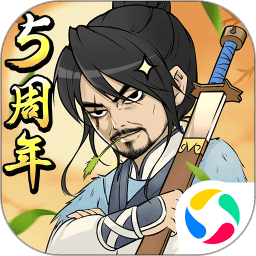Ah, the ageold classics of Chinese chess and Go, they are not just games; they are gateways to ancient wisdom. While the title might suggest a composition in English, let's delve into the reasons why these games are not just beneficial but also profoundly enriching.
Firstly, let's talk about Chess. For beginners, the task flow in Chess is straightforward yet challenging. Here are some essential steps and battle tips:
Understand the Board: The Chessboard is a 64square grid. Each player starts with 16 pieces, including one king, one queen, two rooks, two knights, two bishops, and eight pawns.
Learn the Moves: Each piece moves differently. Pawns move forward, knights jump in an L shape, rooks slide along rows and columns, bishops move diagonally, and the queen combines the movements of the rook and bishop.
King Safety: Your primary goal is to protect your king. The king cannot move two squares in a row and cannot be captured. The objective is to checkmate your opponent's king.
Strategy and Planning: Chess is not just about making moves; it's about planning ahead. Think several moves in advance and anticipate your opponent's moves.
Endgame Knowledge: Understanding how to play in the endgame, where there are fewer pieces, is crucial. It's about tactics and the ability to convert a small advantage into a win.
Now, let's move on to Go, a game that requires a different kind of strategy and concentration:
The Board and Stones: Go is played on a 19x19 grid, and players take turns placing black and white stones on the intersections of the grid.
Capturing Stones: A stone is captured if it is surrounded by opponent stones on all four sides. However, there are special rules for capturing groups of stones.
Territory: The goal is to control more territory than your opponent. Territory is counted by the number of empty points inside the border of stones you control.
Life and Death: A crucial part of Go is understanding life and death. This is about determining whether a group of stones is alive (surrounded by your stones) or dead (surrounded by your opponent's stones).
Patience and Precision: Go requires patience and precision. It's not about making moves quickly but about placing stones in the most effective positions.
Both games have their unique benefits:
- Mental Stimulation: They enhance cognitive abilities like strategic thinking, memory, and concentration.
- Patience and Sportsmanship: They teach the value of patience and fair play.
- Cultural Connection: They are deeply rooted in Chinese culture, offering a window into ancient wisdom.
In conclusion, whether you're playing Chess or Go, these games are not just about winning. They are about learning, growing, and experiencing the joy of the game. So, grab your pieces, set up your board, and start your journey into the world of ancient Chinese games.
本攻略由游饭天堂小编[星辰]提供,祝游戏愉快!





















